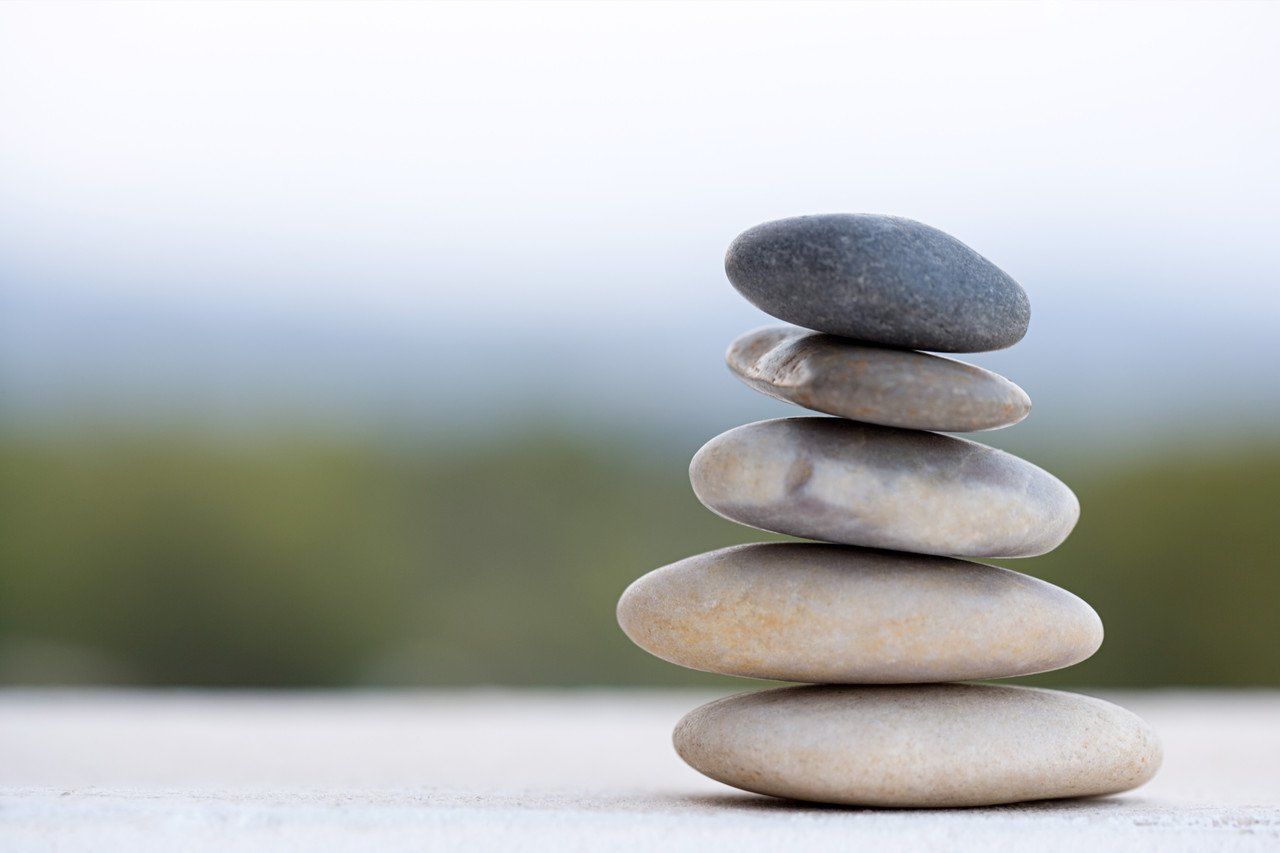Journaling
Journaling
A Simple Guide to Keeping a Journal
A Simple Guide to Keeping a Journal
Keeping a journal is a wonderful activity for your personal growth. It forces you to reflect on your life regularly. It becomes more obvious where your challenges lie when you have to put your experiences down on paper.
Challenge Yourself
Challenge Yourself
Journaling can be a way of reflecting, pausing, giving thanks and for a myriad of other reasons. It can also serve as a great way to record your life and see how you’ve grown over the years. You might be surprised three years from now when you look back on today.
It can be tough to get started: what do you write about? Should you use a notebook, tablet or something fancy like a leather-bound journal? Why not treat yourself to a special pen to write with?
The following tips can help you get started:
1. Choose Your Medium
It really doesn’t matter where you record your life; all have their advantages and disadvantages. Just choose something that works for you.
Notebooks do tend to be a better choice. Many of us spend all day typing away on our computers. Journaling in a notebook gives you a chance to manually write something. It seems more sacred to write with our own hand. Computers can also be distracting; you might sit down to do your journaling and end up surfing the Internet.
2. Keep it Short
Of course, you can write as much as you want. But if you keep it short, you’ll be a lot more likely to do it regularly. Even just a few bullet points can be enough to capture the essence of what happened in your day.
3. Set Yourself a Schedule
If you use a notebook, keep it by your bed or by your desk; that way you won’t miss it. Set a reminder on your computer or your phone. It makes more sense to do it at the end of the day as you reflect on your day, but any time is better than never. Choose a time and stick to it.
4. Never Miss More Than One Day
Things come up, and it’s easy to miss a day here and there. If you miss more than one day in a row, you might end up missing five days before you know it. Be consistent. It can be difficult to go back and fill in the blanks at a later date.
If you do forget and skip a couple of days, rely on your records. You can look back at your calendar or planner and your emails to jog your memory about how the days were spent.
5. Track Your Progress Towards Your Goals
List the things that are most relevant to you at the time. For example, if you’re trying to lose weight, mention related victories, missteps, and your weight fluctuations. If you’re trying to earn an extra £1,000 this month, keep a running tally of your progress. If you are giving thanks, write about those things you're grateful for.
6. Keep Your Journal Private and in a Secure Place
If you believe that someone else might see it, you might be hesitant to be completely open when writing in it. This is one area that electronic devices really shine; with a decent password, it would take a great codebreaker to get into your journal. A simple locked drawer can work well, too.
Get Started
Following these simple guidelines before you know it, you’ll have a shelf full of your journal entries. Consider that writing just half a page each day would be over 3,000 pages in 10 years!
Journaling is an excellent way to record your life and track your progress. Think about how interesting it would be to read your current entries 10 or even 50 years from now. You might even want to give your journals to your children someday. Begin your journal today. A life worth living is a life worth recording!





